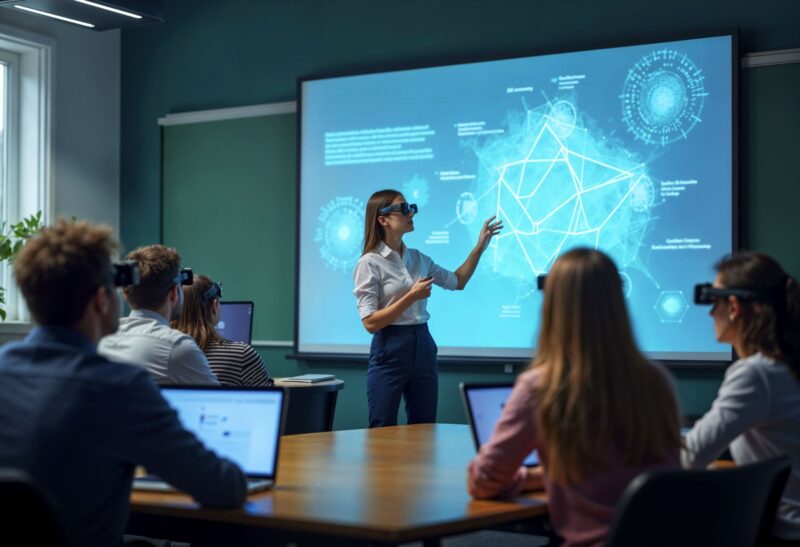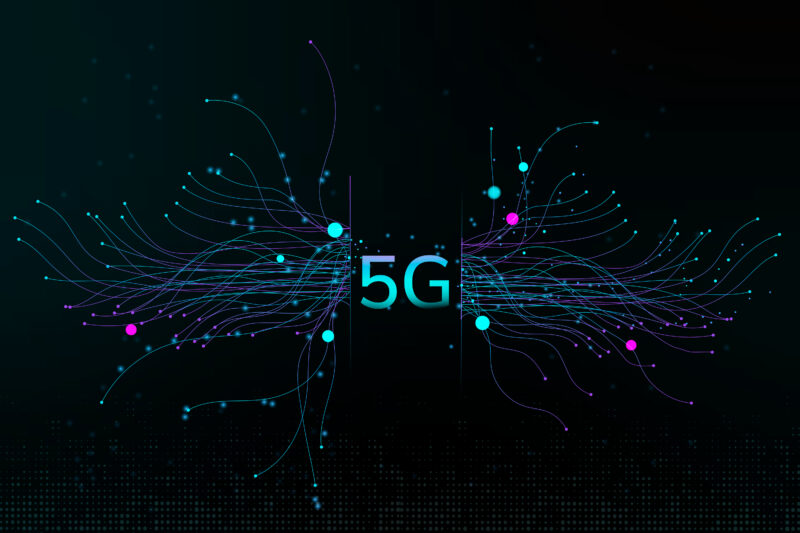Maria Umar: How the Women’s Digital League Is Empowering Pakistan’s Women in the Digital Economy
In a small town in Pakistan, where career options for women are often limited by geography and expectation, Maria Umar chose to imagine something different. Not just for herself but for thousands of women like her.
When she founded the Women’s Digital League (WDL) in 2009, it wasn’t born in a corporate boardroom or incubator hub. It was born from a lived reality shared by many women who want to work, learn, and lead but are constrained by social norms, family responsibilities, or lack of access to opportunity.
Maria looked at her laptop and saw something others didn’t, a gateway.
If physical spaces couldn’t include women, perhaps digital ones could.
The Birth of a Digital Sisterhood
At its core, WDL is more than an organization; it’s a movement that opened the digital economy to women who were once invisible to it.
Maria started by teaching herself how to work online and soon realized that digital freelancing could be a game-changer for women across Pakistan.
She founded Women’s Digital League as a social enterprise with one mission: to give women the skills, confidence, and access they need to earn an income online.
From teaching basic digital literacy to connecting women with global outsourcing projects, WDL became a bridge linking homebound talent to global opportunity.
Today, through WDL’s programs, hundreds of women have learned to code, write, design, and manage digital projects. For many, it has meant not just a paycheck, but a renewed sense of identity and independence. “I wanted to prove that a woman doesn’t have to step out of her home to step into her power,” Maria often says. (Read more about the momentum behind women-led tech efforts in Pakistan on Startup.pk’s roundup of Pakistani Women in Tech: The Founders to Watch in 2025.)
“I wanted to prove that a woman doesn’t have to step out of her home to step into her power,” Maria often says.
From Classroom to Global Platform
Maria’s story gained momentum when she joined Project Artemis / Goldman Sachs 10,000 Women Program, a turning point that gave her both mentorship and global exposure.
Soon after, she reached the finale of GIST’s “I Dare” competition, where she presented her vision of a women-powered digital workforce from Pakistan.
Recognition followed not because her idea was glamorous, but because it was grounded.
Google Pakistan profiled WDL in its innovation campaign, and Maria was named a Thought Leader by Ashoka Changemaker.
WDL went on to win the Early Stage Award in Ashoka’s “Women Powering Work” competition.
In time, Maria became a familiar face in both local and international media Forbes, Mashable, Virgin, Express Tribune, Dawn, and CNBC, among others all telling the story of how one woman built a digital movement from her living room.

Creating Ecosystems, Not Just Opportunities
Maria’s work doesn’t stop at training. She believes that empowering women digitally requires a full ecosystem: skills, confidence, mentorship, and access to markets.
Through her leadership role in WomenX (a World Bank–supported training program for women in business), she has mentored dozens of entrepreneurs who now employ others, multiplying the impact.
As the first Chair of the WeCreate Center’s Think Tank, she’s influencing how Pakistan designs programs for women-led innovation.
And through initiatives like the Technovation Challenge, Maria encourages young girls to explore STEM fields early planting the seeds of confidence before the world tells them they can’t
A Vision of Masaawat: Digital Equity in Action
Maria’s journey echoes the spirit of Masaawat — equality made practical. Her work is what inclusive innovation looks like: accessible, local, and driven by empathy. Each woman who learns to earn online through WDL adds another thread to a digital tapestry of resilience and possibility, reshaping narratives about women’s work in Pakistan. If you’re exploring how events and platforms are driving equity this year, see Startup.pk’s piece on WECON Masawaat 2025: Building Equity for Women Entrepreneurs
In an ecosystem still dominated by male voices, she stands as proof that when women build, they build communities.
Each woman who learns to earn online through WDL adds another thread to a digital tapestry of resilience and possibility, one that is reshaping the narrative of women’s work in Pakistan.
Legacy in Motion
Maria Umar is not just part of Pakistan’s startup story, she’s rewriting it.
Her model shows that technology can democratize access, skills can rebuild dignity, and digital work can drive real social change.She calls her platform a “league,” but in truth, it has become something larger, a legacy of digital empowerment, proving that with the right tools and trust, women can lead Pakistan’s future economy.
FAQ
The Women’s Digital League (WDL) is a social enterprise founded by Maria Umar in 2009 to provide digital literacy and online work opportunities for women in Pakistan, helping them achieve financial independence through the digital economy.
Maria Umar has trained and connected hundreds of women to global freelance and digital jobs, built inclusive digital platforms, and inspired programs like WomenX and the Technovation Challenge to expand women’s access to tech and entrepreneurship.
Digital empowerment allows women especially those in remote or conservative communities to access income, education, and confidence from their own homes, breaking barriers of geography, mobility, and social expectation.




